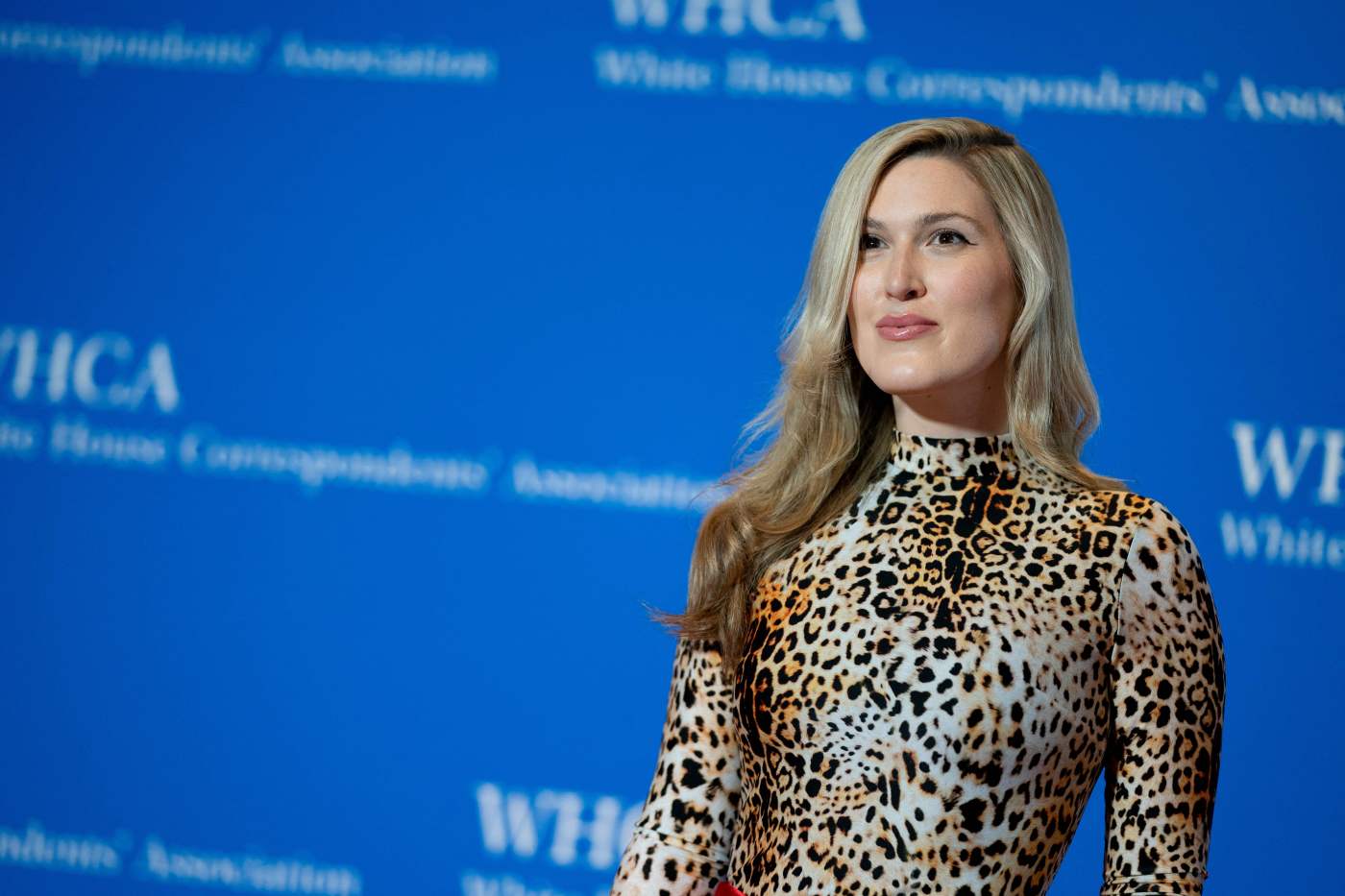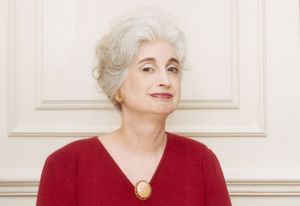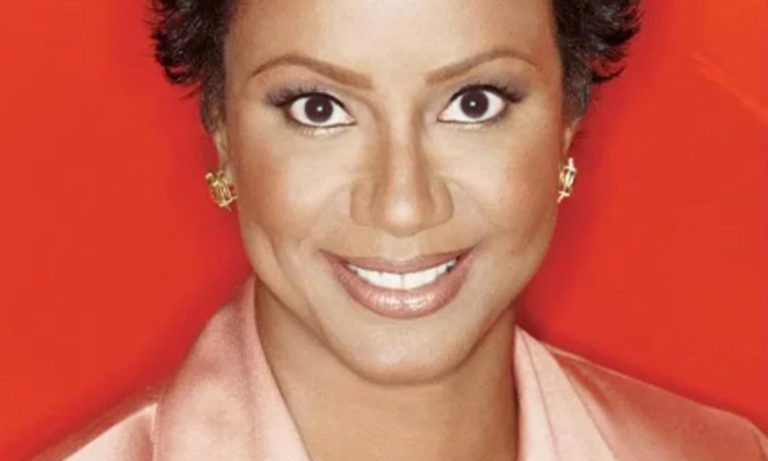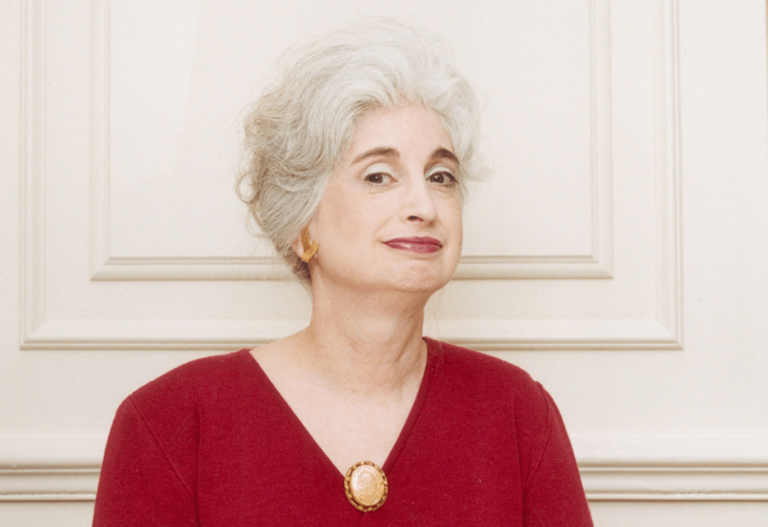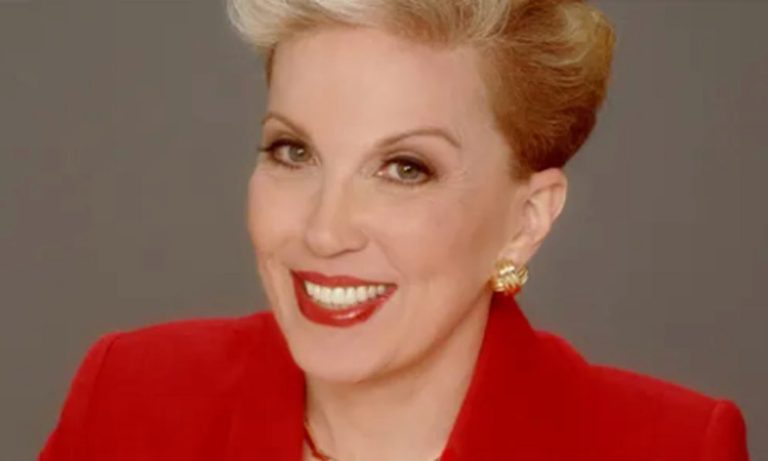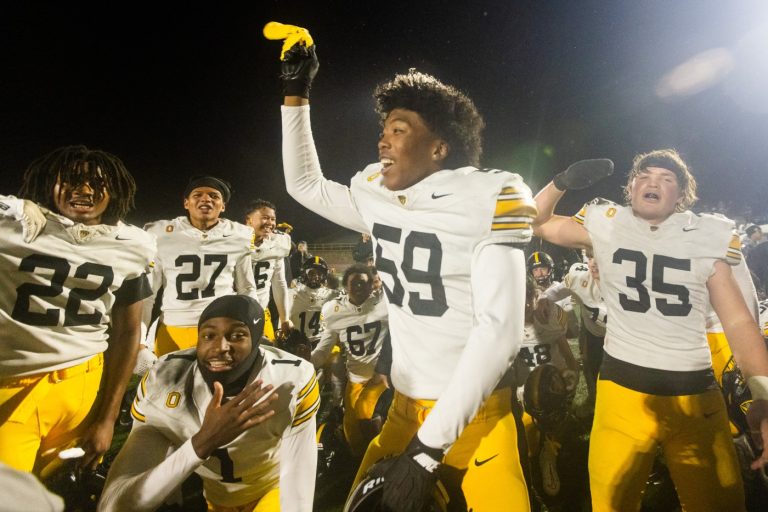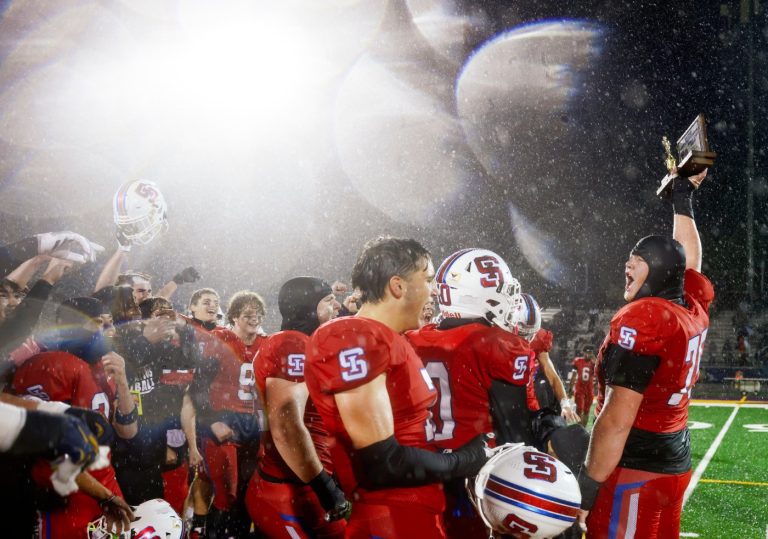There are just so many cringey things about the New York magazine journalist Olivia Nuzzi’s inappropriate relationship with Robert F. Kennedy Jr.
First of all, he’s married. (The political scion’s wife is the actor Cheryl Hines.) Second, Nuzzi is 31, and Kennedy, straying into Hugh Hefner territory, is 70. Third, she was until recently engaged to the political journalist Ryan Lizza, who was “MeToo’d” in 2017, when the New Yorker dismissed him for what it described as improper sexual conduct.
Apart from prurient interest, why should any of us really care?
It’s a stain on Nuzzi’s journalistic integrity as the magazine’s Washington correspondent and, worse, a stain on New York, whose editors were blindsided by the news.
New York suspended her for violating its standards on “conflicts of interest and disclosures,” according to an unsigned note to readers on the magazine’s website. “Had the magazine been aware of this relationship, she would not have continued to cover the presidential campaign. We regret this violation of our readers’ trust,” it said.
While engaged in the relationship with Kennedy — which she said began late last year, after she wrote a profile of him, and ended in August — Nuzzi continued to hold forth on the presidential race. In March, during a discussion with the journalists Frank Bruni and Joe Klein published by the New York Times, she castigated the “establishment press” for failing to treat Kennedy as a serious contender in what she called “a three-man race.” In July, the month before Kennedy dropped out and endorsed former President Trump, she wrote a disparaging article about the “conspiracy of silence” to protect Trump’s then-rival, President Biden.
Nuzzi’s behavior did not merely cross an ethical line. It ran full-steam across a freeway full of warning signs, flashing lights and oncoming traffic. Someone — forgive the reference to other strange RFK Jr. stories — is bound to end up as roadkill. And it’s not going to be him.
Surprising defenders
Bizarrely, many journalists rushed to defend the indefensible.
“If we were all judged on our worst moments or our biggest mistakes, how many of us would come out looking anything other than awful?” the journalist Chris Cilizza wrote on X.
“‘I’m mad at Olivia Nuzzi’ is this Friday’s ‘I hate Taylor Swift,’ ” the Atlantic’s Caitlin Flanagan wrote on X, referring to Trump’s comment after Swift endorsed Kamala Harris. “Beautiful women unsettle and disrupt. This isn’t yellow cake uranium.”
“Reporters have all sorts of compromising relationships with sources,” Ben Smith wrote in Semafor. “The most compromising of all, and the most common, is a reporter’s fealty to someone who gives them information. That’s the real coin of this realm. Sex barely rates.”
Oh, the world-weariness of it all.
The journalism sex scandals we’ve had over the past few years have generally been of the #MeToo variety: male boss harasses female subordinate. Many familiar newsmen were pushed out of their jobs and disgraced for behaving badly — Charlie Rose, Matt Lauer, Mark Halperin, Bill O’Reilly, Roger Ailes and so on.
I can’t think of a single high-profile female journalist who lost her career for sexually harassing or assaulting a subordinate. Actually, I can think of exactly one: Kimberly Guilfoyle, the former Mrs. Gavin Newsom and current partner of Donald Trump Jr., who, according to reports by the New Yorker and others, was forced out of her job at Fox News in 2018 after being accused of sexually harassing a female assistant.
While women rarely exhibit the predatory behavior of men, they have certainly been known to behave in sexually inappropriate ways at work. But their transgressions are usually consensual.
So far, it’s not clear whether Nuzzi has inflicted a fatal wound on her career.
“The relationship was never physical,” Nuzzi told the media reporter Oliver Darcy, “but should have been disclosed to prevent the appearance of a conflict.”
An inappropriate relationship that is “not physical” might mean sexting. And sexting, I would suggest, is sex.
Creating a monster
In 1992, a few years before Bill Clinton quibbled over the definition of “sex” in a deposition, Nicholson Baker wrote a steamy novel, “Vox,” about a sexual relationship between a man and a woman that takes place entirely over the phone. During their affair, Monica Lewinsky, then a White House intern, bought a copy for Clinton.
The relationship between Nuzzi and Kennedy was an open secret in certain media spheres, according to Business Insider. Kennedy, a one-time heroin addict whose second wife once found a diary in which he rated his various sexual conquests, boasted to friends that Nuzzi sent him intimate photos. Word got back to New York’s editor in chief, David Haskell, who confronted his star reporter.
I’m sorry that Nuzzi exhibited such poor judgment. She’s an entertaining stylist and just plain fun to read. But she has done her female colleagues a disservice by reinforcing the most damaging clichés about women using their sexuality to get ahead.
In 2015, Nuzzi’s New York magazine colleague Marin Cogan wrote a smart piece using the Netflix series “House of Cards” to critique Hollywood’s portrayal of women journalists.
“In cinema’s first few decades, women reporters were spunky and smart romantic foils — Hildy Johnson in ‘His Girl Friday’; Lois Lane in the Superman franchise,” Cogan wrote. “Then, in the ’70s and ’80s, television gave us two women journalists — still spunky but way more independent — that we could root for: Mary Tyler Moore and Murphy Brown. But sometime in the last 20 years, we became slutty ambition monsters.”
Nuzzi tweeted the piece out, asking, “Why does Hollywood think female reporters sleep with their sources?”
Sigh. The jokes really do write themselves.
Robin Abcarian is a Los Angeles Times columnist. ©2024 Los Angeles Times. Distributed by Tribune Content Agency.
